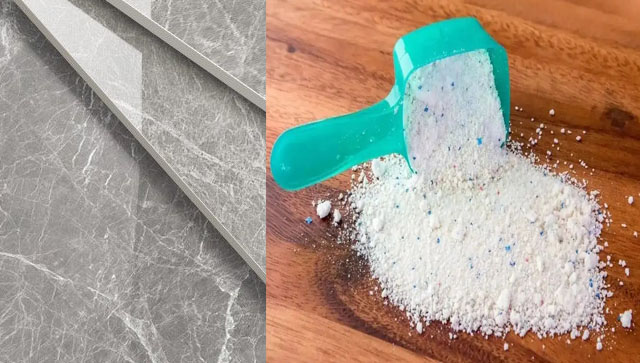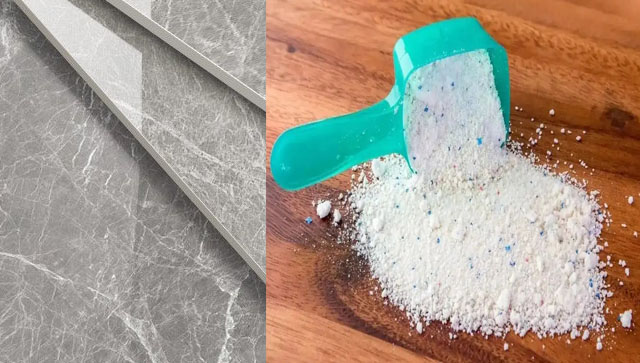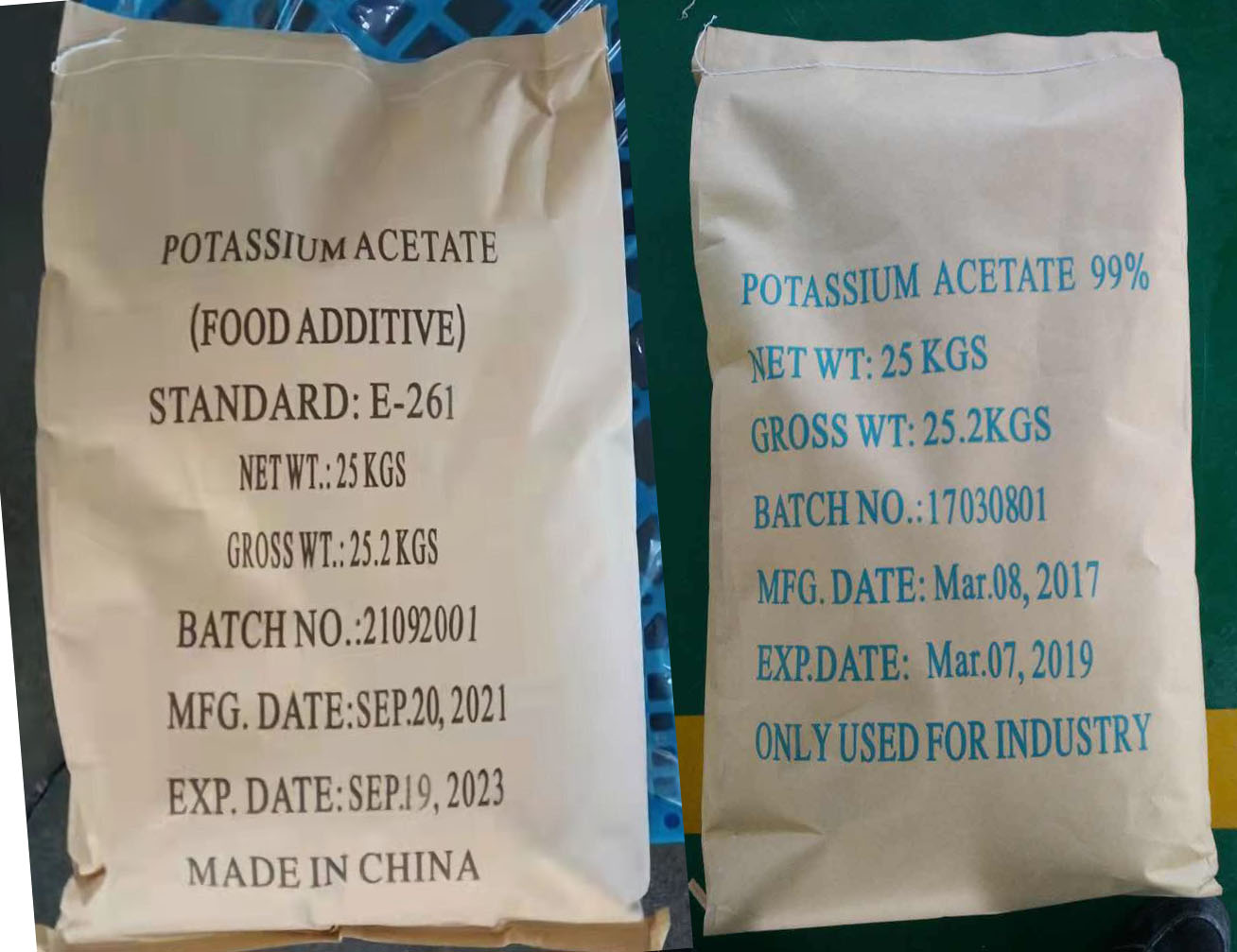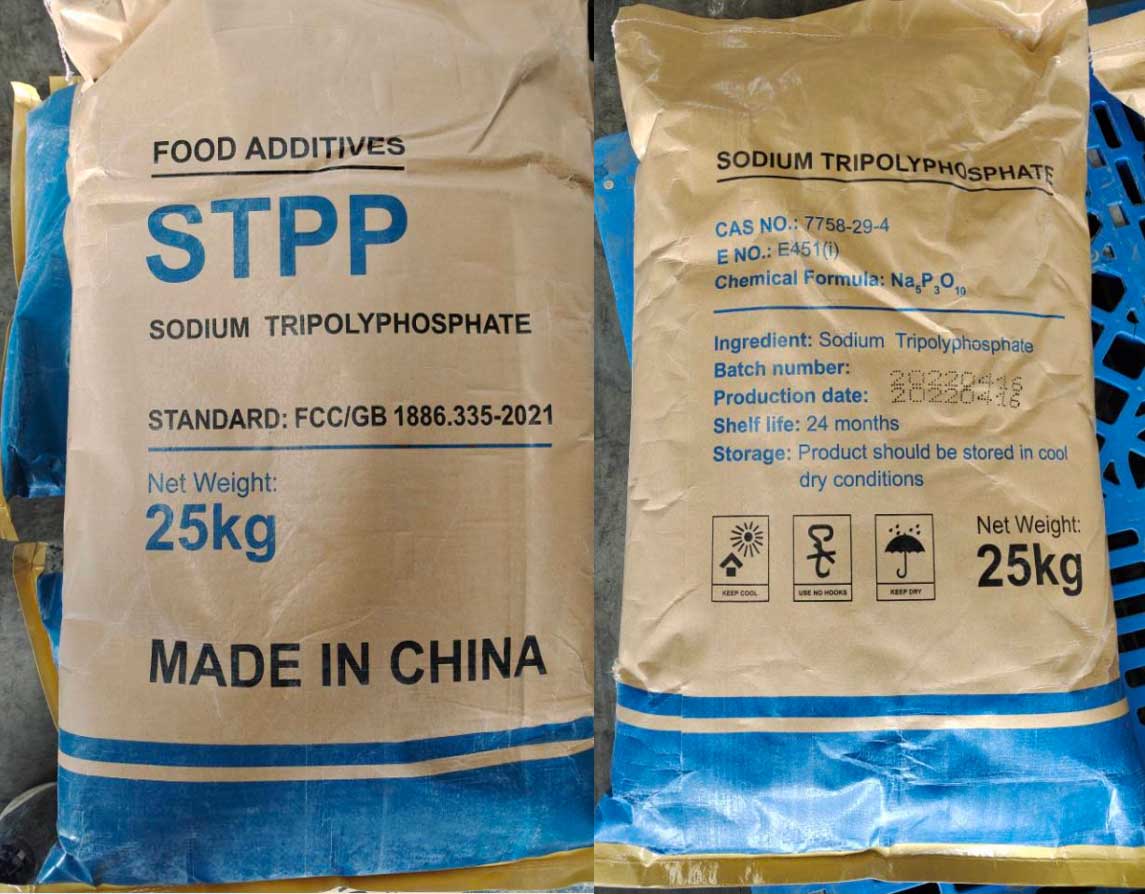Sodium Percarbonate (SPC) – Detailed Introduction
1. Basic Information
Chemical Formula: 2Na₂CO₃ · 3H₂O₂
CAS Number: 15630-89-4
Appearance: White or slightly yellowish granules or powder
Solubility: Easily dissolves in water, decomposing into hydrogen peroxide (H₂O₂) and sodium carbonate (Na₂CO₃)
Eco-friendliness: Non-toxic, leaves no harmful residues, and is environmentally friendly
2. Major Applications
(1) Cleaning and Detergent Industry
Laundry Detergents & Bleaching Agents: Used as an oxygen-based bleach to enhance stain removal.
Dishwashing Detergents: Releases hydrogen peroxide, effectively breaking down grease and stubborn stains.
Carpet and Fabric Cleaners: Helps remove tough stains such as coffee, wine, and blood.
Dental Cleaning: Used in denture-cleaning tablets to remove stains and bacteria.
(2) Industrial Applications
Pulp & Textile Bleaching: Acts as an environmentally friendly alternative to chlorine-based bleaching agents.
Leather Processing: Used for degreasing and cleaning leather.
Electronics Industry: Cleans electronic components and removes contaminants.
(3) Water Treatment
Swimming Pool Disinfection: Decomposes into hydrogen peroxide, providing an oxidation effect for cleaner water.
Wastewater Treatment: Helps oxidize organic pollutants, improving water quality.
(4) Agriculture and Food Industry
Grain Storage Sanitization: Prevents mold and bacterial growth.
Fruit & Vegetable Cleaning: Removes pesticide residues and bacteria.
3. Working Principle
When dissolved in water, sodium percarbonate undergoes the following reaction:
2Na₂CO₃·3H₂O₂ → 2Na₂CO₃ + 3H₂O₂ (Decomposes into sodium carbonate and hydrogen peroxide)
Hydrogen Peroxide (H₂O₂): Further breaks down into water (H₂O) and oxygen (O₂), releasing active oxygen for bleaching, disinfecting, and deodorizing.
Sodium Carbonate (Na₂CO₃): Acts as a pH regulator, enhances cleaning performance, and helps remove grease and stains.
4. Usage & Recommended Dosage
(1) Household Cleaning
Laundry Booster: Add 5–10g per wash to enhance stain removal and whitening.
Dishwasher Cleaner: Add 3–5g per cycle to remove grease and tough stains.
Carpet Cleaning: Dissolve 5–10g per liter of water, spray on stains, let sit, then wipe off.
(2) Industrial Applications
Textile Bleaching: Typically used at 5–10% concentration, applied at 50–80°C.
Pulp Bleaching: Used at a concentration of 4–6%, often combined with other bleaching agents.
(3) Water Treatment
Swimming Pool Disinfection: Add 10–15g per cubic meter of water to maintain cleanliness.
Wastewater Treatment: Used as an oxidizing agent, dosage depends on contamination levels.
5. Leading Global Manufacturers
(1) International Key Players
Solvay (Belgium) – A leading global chemical company producing high-quality sodium percarbonate.
Evonik (Germany) – Supplies industrial-grade sodium percarbonate for various applications.
OCI Peroxygens (South Korea) – A major Asian producer of sodium percarbonate.
Kemira (Finland) – Specializes in high-performance sodium percarbonate for industrial and environmental applications.
Tata Chemicals (India) – Manufactures eco-friendly sodium percarbonate products.
6. Safety & Storage
Avoid Moisture: Store in a dry, sealed container to prevent premature decomposition.
Keep Away from Heat & Sunlight: High temperatures accelerate breakdown, reducing effectiveness.
Avoid Mixing with Strong Acids & Reducing Agents: May cause unstable reactions.
Use Protective Gear: When handling, wear gloves and safety goggles to avoid direct contact.
7. Conclusion
Sodium Percarbonate is a highly effective and eco-friendly oxygen-based bleach, widely used in cleaning, industrial bleaching, water treatment, and agriculture. Its key advantages include non-toxicity, biodegradability, and high performance, making it a preferred alternative to traditional chlorine-based bleach. With the increasing demand for green chemicals and sustainable solutions, sodium percarbonate has a promising future in various industries.




